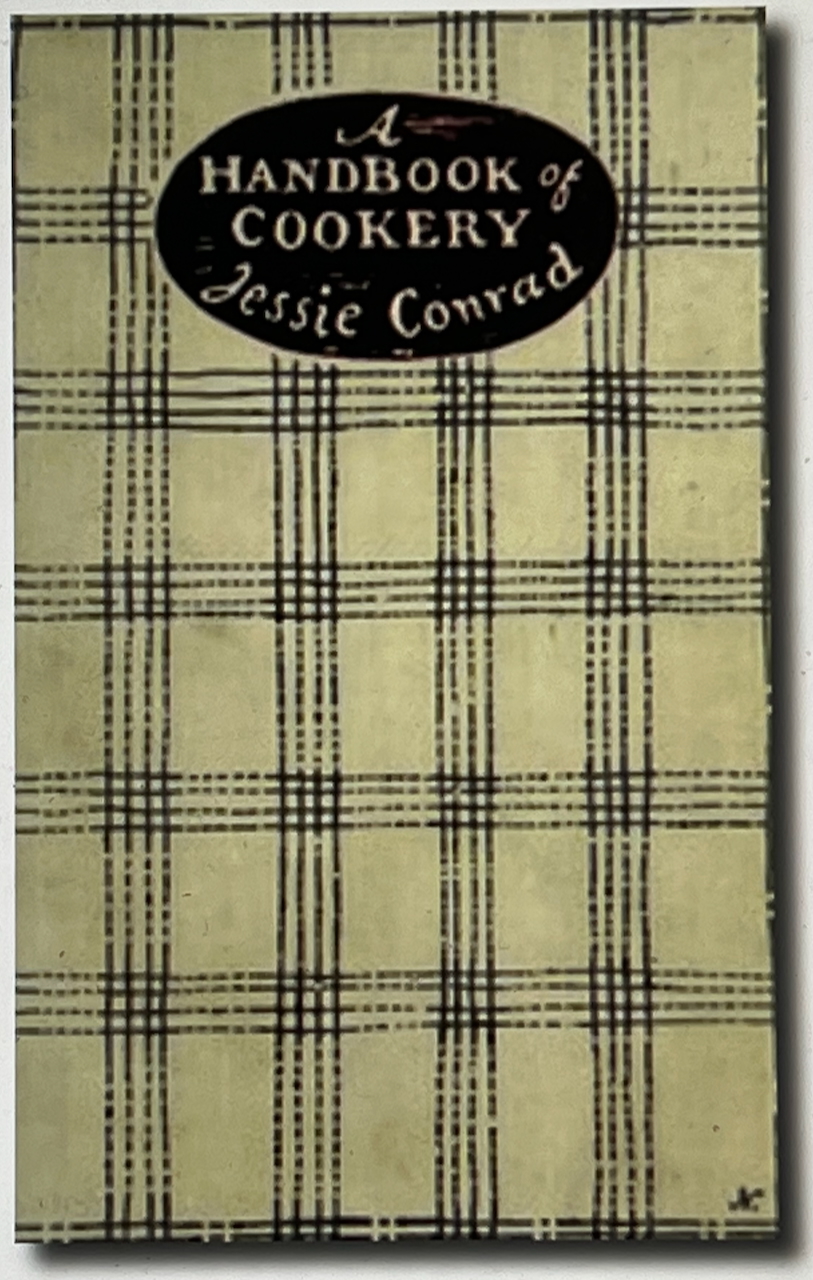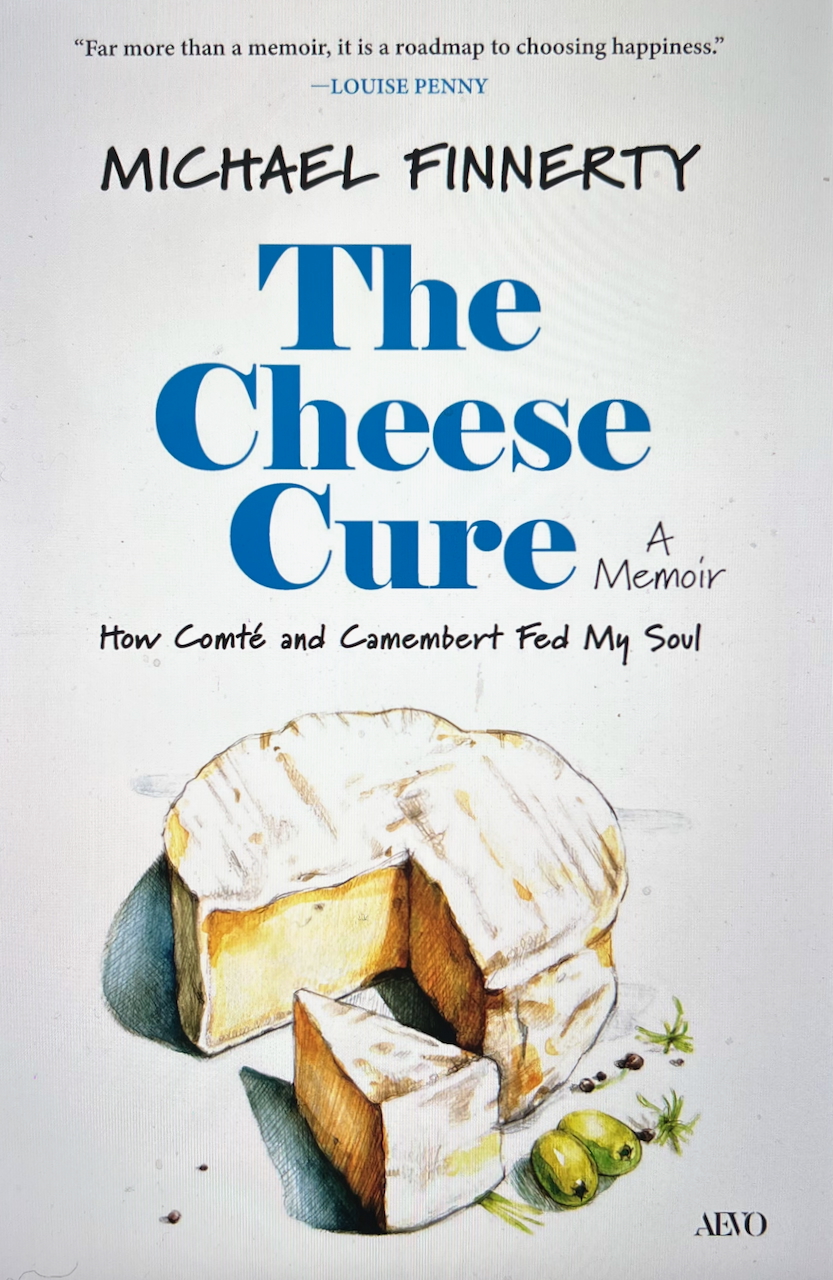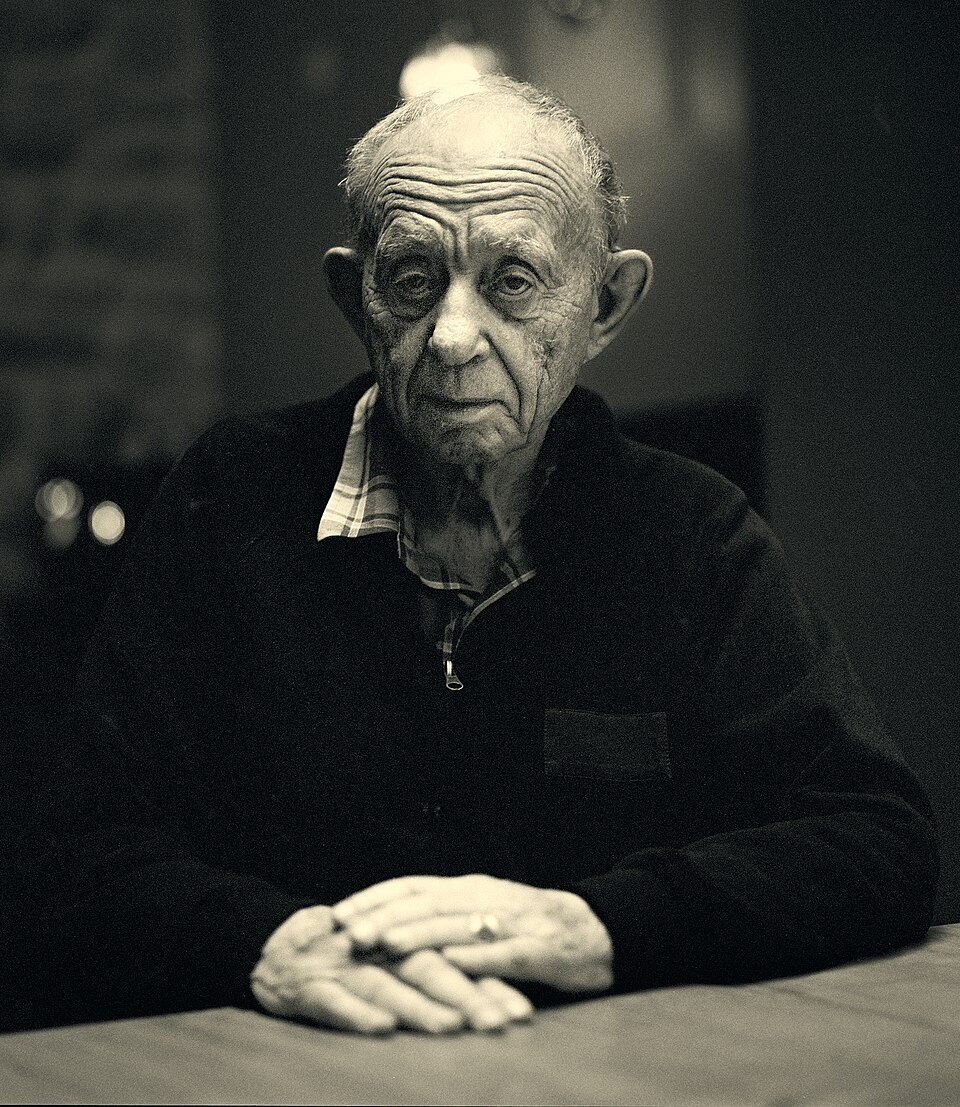Knowing Puddles
October 13, 2018

Puddles Pity Party was in town last night. I felt like the guy in front of me in line for the second Star Wars movie, in 1980, who poured bags of loose change onto the ticket counter and cried, “I’ve been waiting for this for three years!”
If you are still living in the time period of your life before Puddles, he is the singer and cabaret performer sometimes billed as “a seven-foot sad clown with a voice like Tom Jones.”
Most of that is wrong, I can tell you, as someone in the know: He is actually 6’8”; is often joyful, playful, tender, and childlike; and has a voice that can range from operatic to metal. He sings everything from what I suppose we are calling old standards—Cheap Trick’s “I Want You to Want Me,” David Bowie’s “Space Oddity”—to Sia’s “Chandelier and Lorde’s “Royals.” He does excellent covers of Chris Isaak, Nick Cave, Los Lobos, Don Ho, Bonnie Tyler, Roger Miller, The Cure, and Willie Nelson. He does a spot-on Johnny Cash and sings “The Sound of Silence” in that voice, as well as various mash-ups such as the lyrics of “Pinball Wizard” to the tune of Cash’s “Folsom Prison Blues.” He does a moving rendition of “America The Beautiful.”
Sure, he is a hulking, baldheaded man in Pagliacci makeup, a white clown suit with fuzzy buttons he plays with distractedly and sometimes suggestively, and a tiny gold crown askew on his massive, sweating head. But I beg you: Do not join the herd who reflexively say they hate clowns because Pennywise. Would you refuse to go to a hockey game because Jason wore a facemask?
You might recognize Puddles from America’s Got Talent. Purists say he was not at his best there, and it was all a setup anyway, since AGT pretended he was an amateur weirdo on a stage for the first time but in reality had been performing professionally since the early ’90s. (His real name is Mike Geier, but he prefers not to talk about that.)
The concert started with Puddles greeting the audience and posing for selfies in the balcony. The crowd on the main floor strained to see and shot their own photos and video. One young woman shouted over and over, “Puddles, jump! I’ll catch you!” Puddles, who does not speak but has a very emotive face, stopped and looked down at her, like, “Wtf?” The audience laughed.
Puddles is mostly emotion. He specializes in concern. In a video with circus performers, he shrinks from a lady in a red flamenco dress; she scares him. In his duet with Haley Reinhart he is visibly hurt when she sings, “I went to school and I was very nervous, no one knew me, no one knew me….”
He began the show by straining—for several minutes—to slide a four-legged stool to center stage then sat, facing away, and watched a giant screen with the audience. There his AGT performance was cut with other footage, and he sang REM’s “Losing My Religion” in his profundo voice: “That’s me in the corner / That’s me in the spotlight / Losing my religion / Trying to keep up with you / And I don’t know if I can do it / Oh no, I’ve said too much / I haven’t said enough…But that was just a dream / Try, cry / Why try? / That was just a dream, just a dream, just a dream….”
Just when it started to seem like genuine commentary on popularity contests and fame media, the video ended, a giant red X came onscreen, the buzzing noise of rejection blared, and Puddles jumped with fright. Everyone laughed in catharsis.
Puddles is on the road most of the year, including internationally at venues such as the Edinburgh Fringe Festival. His act is as much pantomime and performance art as concert and uses props, multimedia, and audience participation. He made people sing and act things out and fed some cupcakes or coffee. (One man ran his cupcake over to a child in the audience, and Puddles pulled a face of delirious admiration. “That’s so sexy,” he silently mouthed, and the crowd went wild.) For the most part, his message is love and inclusion. By the end of it, the mood was like that at a Jimmy Buffet concert, with the crowd singing along, batting around balloons, and hugging each other.
I have spent my fandom—which until last night was only online—thinking about what sort of character Geier has created. There is commedia dell’arte and the circus in it, of course, but also the great silent-film comedians, especially Buster Keaton. He can be like Pee-wee in happy innocent mode and Bill Murray as trickster.
(Puddles took cell phones out of people’s hands last night, sang into them, and purposely returned them to other people in distant aisles, a kind of commentary-punishment for having them thrust at him. When he was done creating mayhem he strode back onstage, saucy and proud, then pretended to be aghast at the confusion of 18 people trying to get their phones back.)
He reminds me of Will Ferrell, another giant man who can be childlike and has a thing for gum, like Puddles, who uses it in his act. Like Ferrell, Puddles can suddenly turn.
Last night he used a clip from The Iron Giant—the heartbreaking part where the giant intercepts a nuclear missile to save his friends—and I suddenly got it, one of those slightly-demented epiphanies of the super-fan. Puddles, like the giant robot, “doesn’t know” he is enormous and could frighten people. He is curious, generous, as comically irritating as your best friend, and sometimes morose or peevish. (He stalks off at the end of his vid with Postmodern Jukebox.) But when the occasion/song calls for it, he transforms into a weapons system, so to speak, that no one including the character knew he was, in the service of something good.
When he is in full-throat strain, his eyes, which are already a little red due to the makeup, look frightening, and he snarls and hyper-focuses when he inhabits certain lines. He can display sexual menace too, which he directed at men in the audience last night but never women, as if to make a point. The character did, after all, start off looking a little evil, until Geier refined the act.
And this ambivalence-turned-to-good is, I think, the power of Puddles Pity Party. Remember Father Christmas in the film Chronicles of Narnia? He was played by Scottish actor James Cosmo, who often takes warrior roles, and looked like the biker uncle you wish you had when you were a kid. Would not an ideal Santa be capable of protecting children as well as offering them gifts?
So before you make up your mind about Puddles, have a look at his cover of Brett Dennen’s “Heaven,” where all these qualities are on display and make it a rival for “Imagine.” Watch his face for concern, vulnerability, gentleness, and an anger that demands justice. Consider what the wicked little gesture of orb and benediction means at the end. Then you too will know Puddles.








